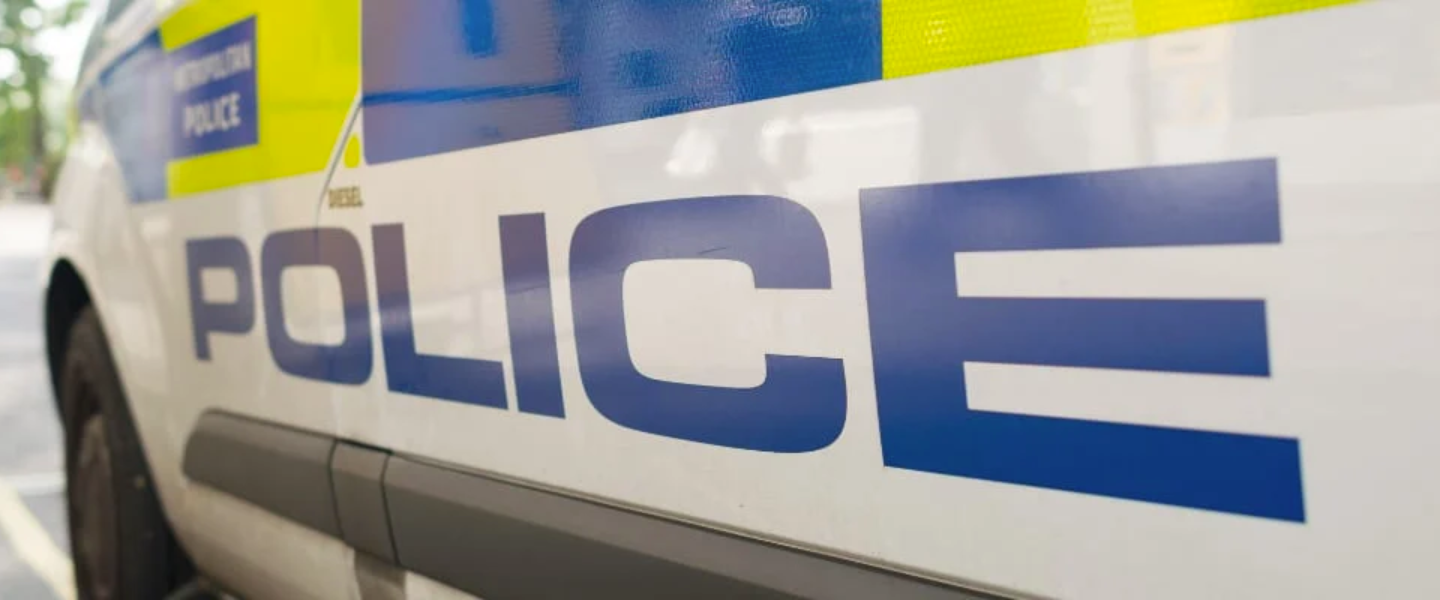03/03/2023
CEO blog
Protecting children from the impact of police raids
It was great to meet Dame Rachel De Souza, the Children's Commissioner for England, yesterday to talk about the needs of prisoners' children. I was a guest speaker at an event organised by the Centre for Social Justice and the Criminal Justice Alliance about supporting children affected by imprisonment.
In truth, no one knows how many children have a parent in prison – estimates range from 200,000 to 320,000. But what we know for sure is that the impact can be devastating. Prisoners' children are at higher risk of experiencing mental health problems, homelessness and poverty than their peers. And whilst many children with a parent in prison go on to live great lives, it is a sad fact that statistically, they are also at a higher risk of being involved in crime in later life.
The focus of my presentation at yesterday's event was how children can be affected by police raids on their homes or by being present when parents or older siblings are arrested in front of them. Thousands of children and young people every year are present when their home is raided by the police. We understand, of course, that when police execute a warrant to enter the family home, it is never a decision that is taken lightly and is a perfectly legitimate tactic to catch people who have committed a crime. Police officers put themselves in danger every day to protect the public.
However, innocent bystanders – many of them children – also suffer the consequences. Imagine what it must feel like as a child to be woken up in the middle of the night by armed police kicking down the door, turning the house over and taking your father, mother, brother or sister away.
Research published in 2016 found that only a handful of police forces gave sufficient consideration to the needs of children caught up in home raids. Too many forces were failing to establish whether children were likely to be at the property, whether the raid could take place when children weren't at home, or whether safeguarding officers could be present to support young people.
This doesn't just traumatise innocent children; it also stores up a range of problems for the future, engendering a strong sense of mistrust in the police and making it more likely that children will break the law in the future. When asked what could be done differently, one nine-year-old boy whose family home had been raided by police to arrest his older brother said to us, 'It would have been good if they had put the door back.’ It's time for the police to rethink their approach to house raids.
Small changes could avoid long-lasting trauma for innocent, vulnerable young people and prevent them from slipping into a life of crime. As one child said to the police - 'you can either be our heroes or our enemies.'
Andy Keen-Downs, CEO Pact
Pact has a range of resources for children, parents and professionals who are caught up in or involved in police raids or the criminal justice system more broadly.


